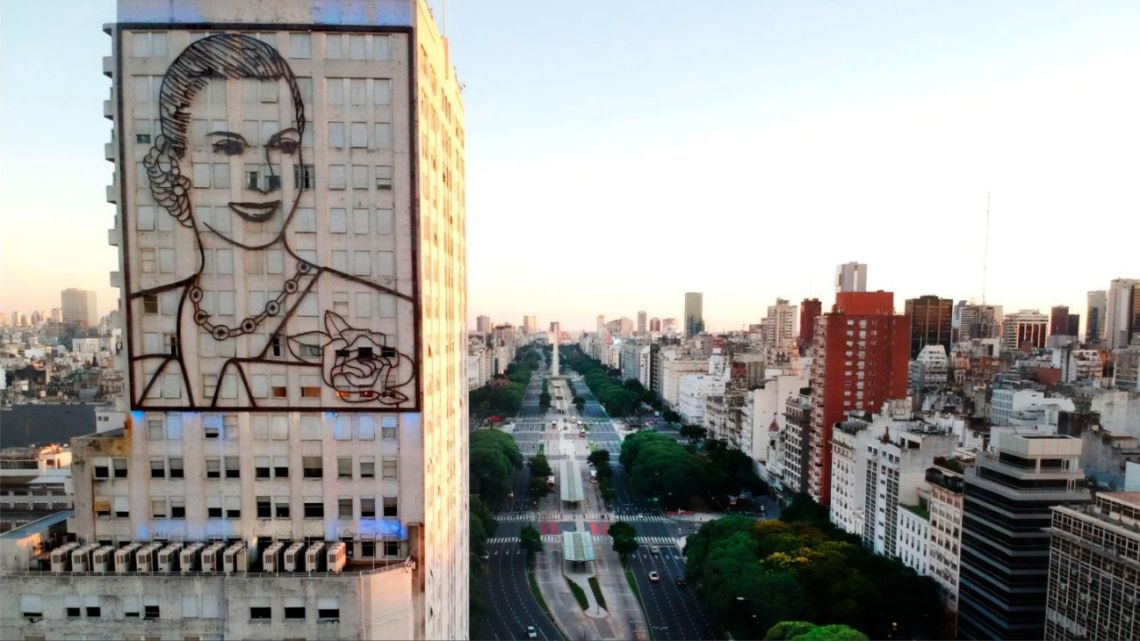Nigeria’s cost of living continues to climb as inflation reached 33.88% in October 2024, marking a concerning trend for Africa’s most populous nation.
The latest figures from the National Bureau of Statistics reveal a 1.18% increase from September’s rate of 32.70%. Food prices have become the primary driver of this economic pressure, with food inflation soaring to 39.16%.
This means everyday items like rice, cooking oil, and bread now cost significantly more than they did just months ago. The average Nigerian family must spend more to maintain the same standard of living.
Cities feel the economic pinch more severely than rural areas. Urban inflation hit 36.38%, while rural areas experienced a lower rate of 31.59%. This disparity highlights how location affects the cost of living across Nigeria.
The impact varies significantly by region. Bauchi state faces the highest inflation at 46.68%, while Delta state maintains a relatively lower rate of 27.85%. These differences reflect local economic conditions and access to resources.
 Nigeria’s Living Costs Surge: Inflation Hits 33.88% as Food Prices Lead Crisis. (Photo Internet reproduction)
Nigeria’s Living Costs Surge: Inflation Hits 33.88% as Food Prices Lead Crisis. (Photo Internet reproduction)Beyond food costs, core inflation (excluding food and energy) reached 28.37%. This indicates widespread price increases across various sectors, from transportation to housing. The removal of fuel subsidies earlier in the year continues to influence these numbers.
Economic analysts predict inflation could exceed 35% by year-end. This projection matters because it affects everything from business planning to household budgets. The Central Bank of Nigeria faces mounting pressure to address these challenges through monetary policy.
Transportation costs have risen significantly, affecting both urban commuters and rural traders. Basic services like haircuts and local restaurant meals now cost more, directly impacting daily life for millions of Nigerians.

 By The Rio Times | Created at 2024-11-15 21:21:01 | Updated at 2024-11-22 08:49:28
6 days ago
By The Rio Times | Created at 2024-11-15 21:21:01 | Updated at 2024-11-22 08:49:28
6 days ago








